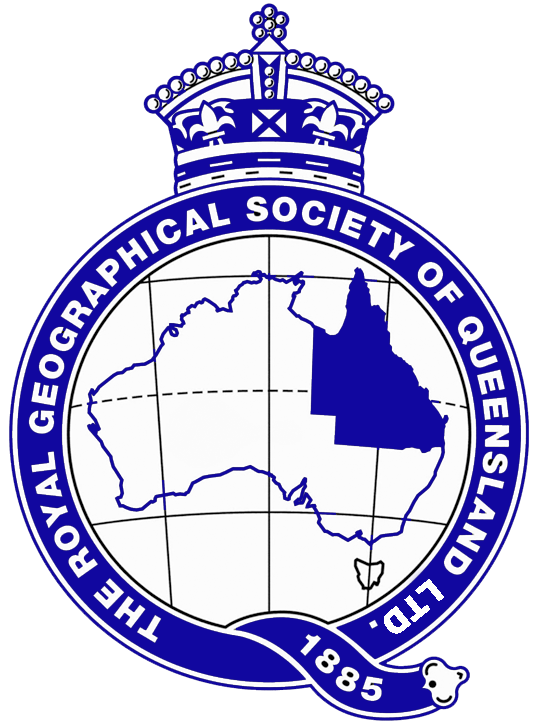With A/Prof Emilie Ens and Ishara Sahama
A/Prof Emilie Ens is a Cross-cultural Ecologist based in the School of Natural Sciences, Macquarie University. Emilie has been mentored by and collaborated with many knowledgeable and generous Elders and Rangers. Over the last 15 years she has continued to build these relationships, and has developed new cross-cultural approaches to better understand and manage Country and environmental impacts and change. She, and her vibrant Cross-Cultural Ecology Lab group, work with multi-generational and multilingual groups on site specific projects in Arnhem Land, northern NSW and the Sydney region, as well as large scale regional and national collaborative projects. Her team work on a range of topics from invasive species, to fire, climate change, wetlands, coasts, biodiversity, language and cultural knowledge documentation, and Higher Education transformation. Her work combines Western ecology tools with knowledge, techniques and priorities of her Aboriginal colleagues in attempt to produce ethical and socio-ecologically just approaches to conservation. She is passionate about documenting this work, and similar work of others, and advocating for increased awareness and uptake of multidisciplinary methods and mutual benefits in research.
 Photo: A/Prof Emilie Ens (left) with Yolŋu miyalk (woman) and Wänga Wataŋu (Traditional Owner) of Gurrumuru Homeland, Djuna Wunuŋmurra. Photo supplied by Emilie Ens.
Photo: A/Prof Emilie Ens (left) with Yolŋu miyalk (woman) and Wänga Wataŋu (Traditional Owner) of Gurrumuru Homeland, Djuna Wunuŋmurra. Photo supplied by Emilie Ens.
Emilie will be interviewed by Ishama Sahara, a Human Geographer who focuses on systemic change through community engagement, social justice advocacy and holistic impact measurement. Ishara is passionate about co-designing experiences, programs or systems that leave a positive & lasting impact on communities and the environment. She works in an environment with researchers skilled at transforming human emotions and socio-cultural motivations into tangible outcomes that can be easily evaluated for its impact.
In this talk Emilie will describe some of the advances being made around Australia whereby Indigenous and non-Indigenous Australians are working together to share knowledge and create uniquely Australian ways of managing Country. This reconciliation in conservation practice has been quietly gaining pace from the most remote regions to our urban centres. Science, governments and the academy are now catching up with the groundswell of practical and rapidly evolving cross-cultural approaches in ecology and environmental management. It is timely to celebrate these achievements and continue to build on them to develop new strategies and renewed energy to abate the contemporary crises of biodiversity loss and climate change. In addition to this I will draw attention to the concurrent losses of culture and language that are occurring alongside Earth’s biological crises. I will argue that new linked approaches to biological and cultural, or biocultural, conservation and restoration may allow us to harness the increasing interest in cross-cultural approaches and the Indigenous caring for Country movement to address what Ricardo Rozzi described as the wicked problem of the Anthropocene, Biocultural Homogenisation.
When: 10 October 2023
Time: 7:30 PM - 8:30 PM AEST
Location: Zoom Only
Please note: the Zoom link will be emailed to all registrants closer to the event date. This event may be recorded. If you have any questions, please email us at info@rgsq.org.au.
